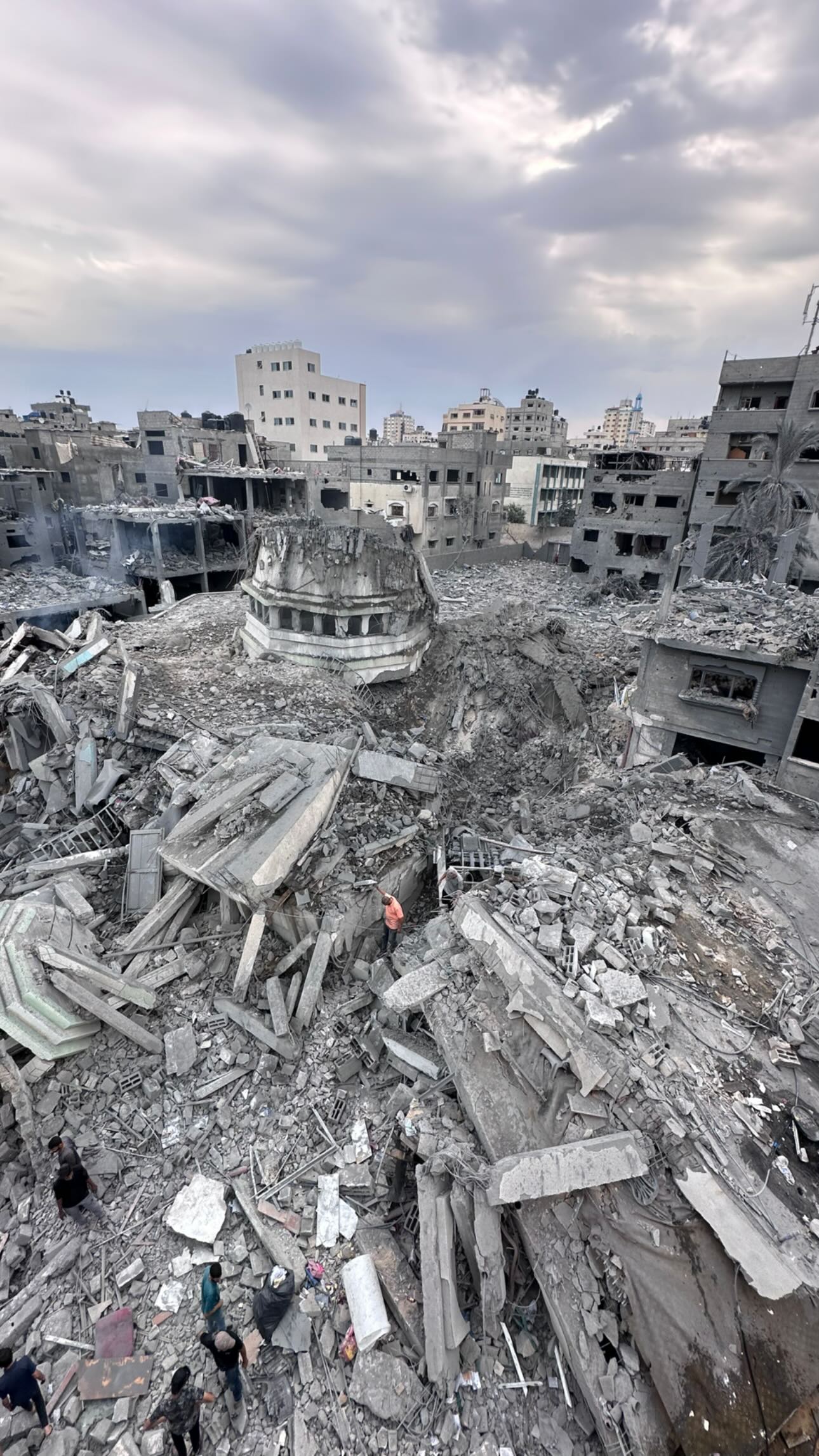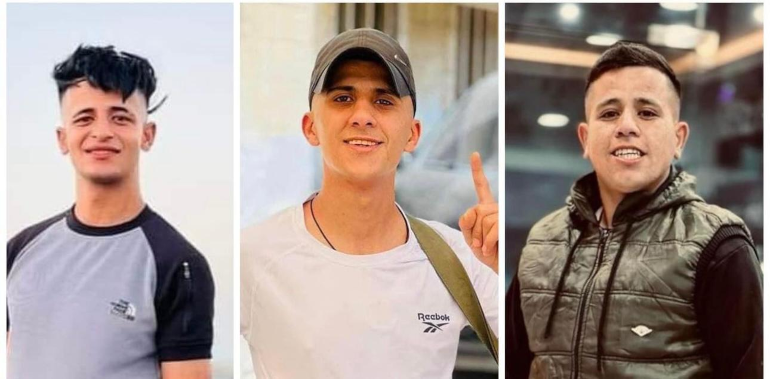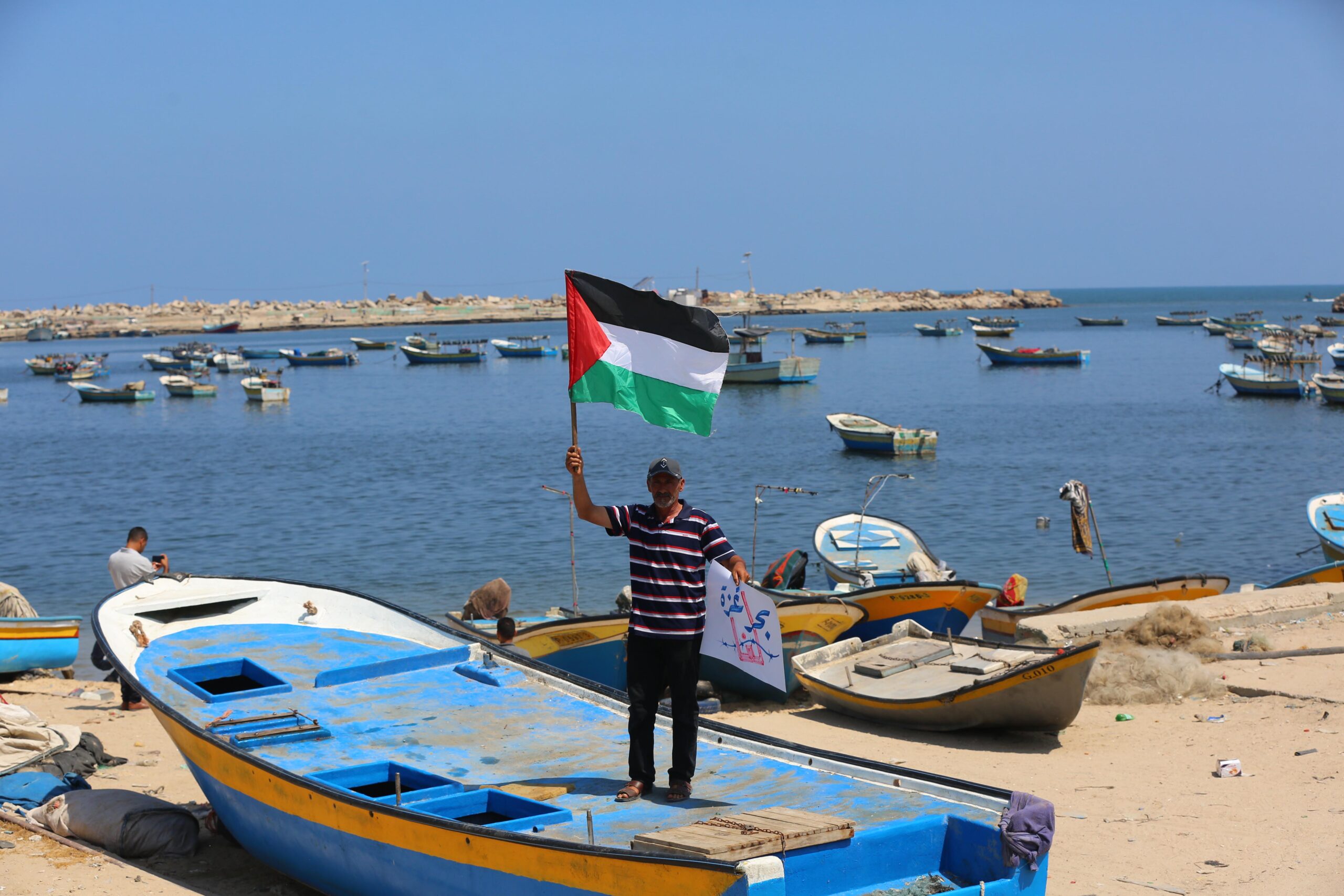Tag: Gaza
-
Gaza Under Attack: ISM statement and call to action
In these days, as Israeli prime minister Benjamin Netanyahu is vowing “mighty vengeance” following Saturday’s offensive by the Palestinian resistance, European governments are releasing statements essentially greenlighting Israel’s bombing campaign, which has already killed more than 400 Palestinians in Gaza and that might soon be followed by a ferocious ground invasion. For its part, the…
-
Six Palestinian martyrs in less than 24 hours
Jenin – 20-9-2023 By Diana Khwaelid An Israeli Special Force unit stormed the Jenin camp in the northern West Bank on Tuesday evening, 19-9-2023, around 20:30 to besiege a Palestinian house. Palestinian fighters were inside the house, which belongs to the Abu Al-Baha family. Dozens of Israeli military vehicles stormed the camp, and Palestinian fighters…
-
Fisherman’s union hold a sit-in at Gaza port demanding an end to Israeli abuses
13 July | International Solidarity Movement | Gaza On Sunday, the Fishermen’s Syndicate in the Gaza Strip organized a protest sit-in and a press conference, demanding an end to the Israeli abuses against fishermen and the expansion of the fishing areas in the Gaza Sea. Dozens of fishermen took part in the Gaza Port vigil…



